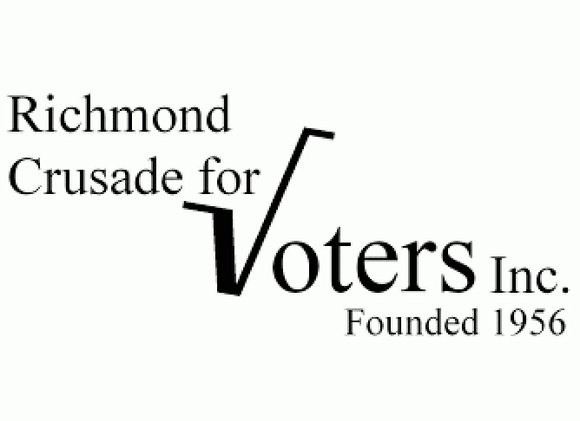Crusade weighs charter change to help replace decrepit city schools
Jeremy M. Lazarus | 3/30/2017, 11:37 p.m.
By Jeremy M. Lazarus
The Richmond Crusade for Voters, the city’s oldest and largest African-American political group, is considering putting the city’s failure to overhaul its decaying public school buildings on the front burner.
The organization is considering leading a charter-change initiative that would force Mayor Levar M. Stoney and Richmond City Council to come up with the money to overhaul decaying public school buildings, the Free Press has learned.
Crusade President Bernice Travers confirmed Tuesday that the Crusade is weighing the campaign and has asked political strategist Paul Goldman to “develop an initiative for consideration.”
The group began considering the action after Mr. Goldman spoke at its March 21 meeting about the city’s inaction and the need for people in the organization to get involved.
If the Crusade takes up this cause — and a decision could be made within a few weeks — the goal would be to have on the November ballot a proposed charter change that would require City Hall to come up with a strategy to provide full funding to renovate and replace deteriorating schools.
Of the city’s 45 school buildings, up to 40 need either substantial renovation or to be replaced, according to past engineering studies. The cost has been pegged at more than $500 million.
Should it be approved by Richmond voters, the initiative would bypass City Council and go to the General Assembly in the 2018 session. The initiative would become law if the legislature voted to amend the Richmond City Charter and the governor signed the legislation.
An early draft of the proposed charter change would require the mayor “to present a fully-funded plan to City Council to modernize the city’s K-12 educational infrastructure within 9 years or inform City Council such a plan is not feasible using acceptable national standards.” The mayor would have to present the plan within six months after the charter change goes into effect, according to the draft.
To get on the ballot, more than 11,000 registered voters would have to sign petitions.
Mr. Goldman is an expert in the process. He nearly single-handedly secured the signatures and pushed the 2003 charter change that led to the citywide election of the mayor.
For years, he has pushed and prodded with little success to get Richmond to overhaul its decaying schools, citing research that obsolete schools make it harder for students to learn.
In his view, the city’s largely African-American student population is a low priority for elected officials — African-Americans and white people — who make promises on the campaign trail, but never follow through.
“Richmond has the money,” he said, but he said both the council and the mayor keep putting other projects first. While the city built four new schools in recent years, little has been done to improve the remaining buildings.







